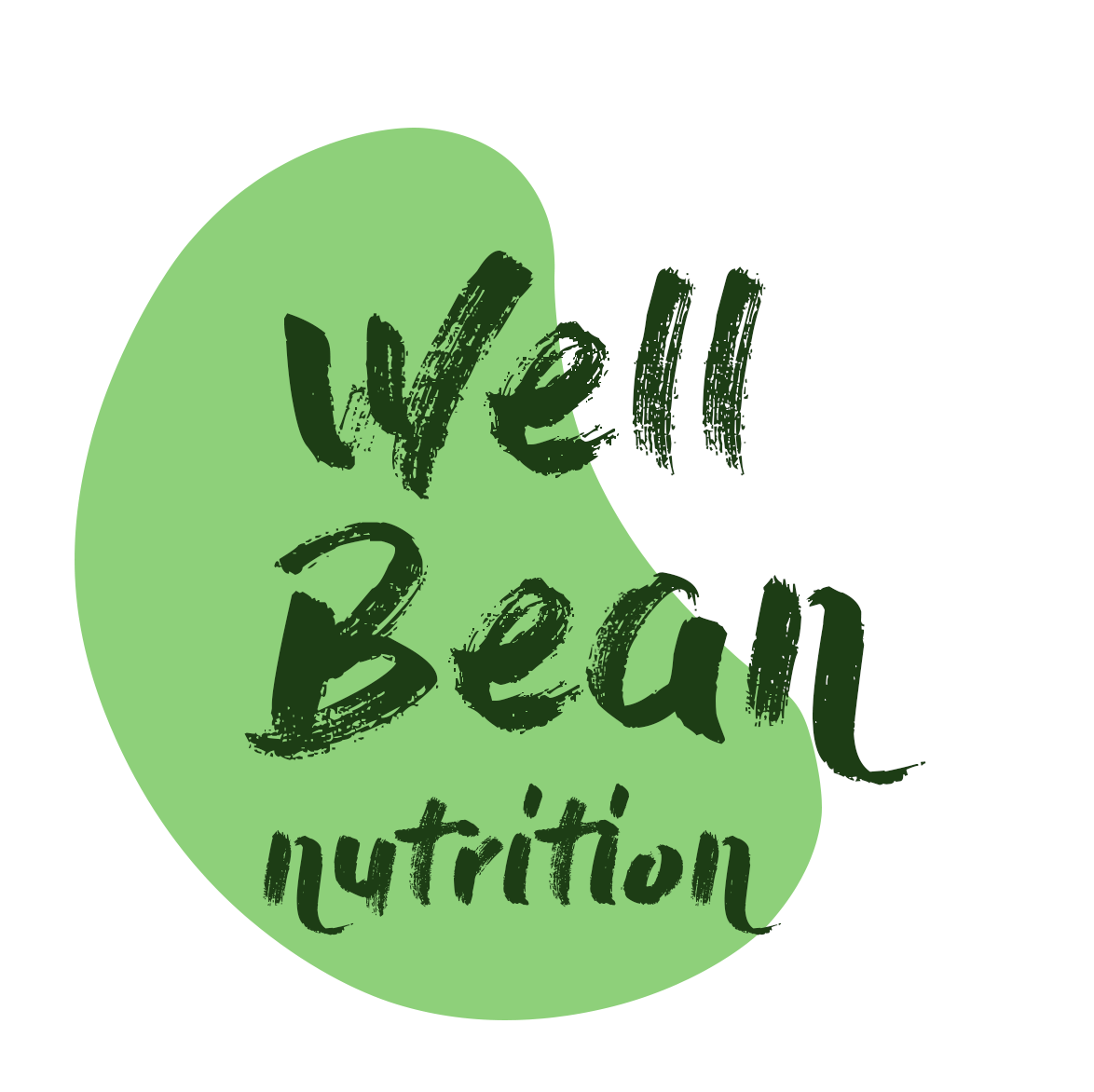gut brain axis infographic
I believe food is more than fuel — it’s information.
One of the most exciting frontiers in functional nutrition is understanding how the gut-brain axis shapes our mood, focus, and overall mental health.
If you’ve ever “felt it in your gut,” you’re already familiar with this powerful connection.
Let’s dive into how nourishing your gut can unlock sharper thinking, balanced emotions, and resilient well-being.
[Book your free discovery call here]
What Is the Gut-Brain Axis?
The gut-brain axis is a dynamic, two-way communication network linking your gut and your brain.
This relationship is mediated through nerves (like the vagus nerve), hormones, and even immune system signals.
Intriguingly, your gut houses around 70% of your immune system and produces about 90% of your body’s serotonin — a key neurotransmitter for mood regulation (source).
When the gut microbiome — the trillions of microbes in your digestive tract — is in balance, it can support mental clarity, stress resilience, and even reduce symptoms of anxiety and depression (source).
[Book your free discovery call here]
gut impacting mood
Signs Your Gut Might Be Impacting Your Mood
If you experience any of these symptoms, your gut health might need some attention
Persistent brain fog
Low mood or irritability
Sleep disturbances
Digestive issues like bloating or irregularity
Increased food sensitivities
[Book your free discovery call here]
In functional nutrition, we see these signs as your body’s way of asking for a deeper reset — not just symptom management.
probiotic food
Functional Nutrition Strategies to Support the Gut-Brain Axis
1. Nourish Your Microbiome with Prebiotics and Probiotics
Prebiotic foods like garlic, onions, asparagus, and oats feed beneficial gut bacteria.
Probiotic-rich foods — think yogurt, my favourite fermented sauce recipe, kefir, sauerkraut, and kimchi — introduce live bacteria to keep your gut ecosystem thriving.
Research Highlight: A 2021 meta-analysis showed that probiotic supplementation significantly reduced symptoms of depression and anxiety (source).
anti-inflammatory foods to support gut health
[Book your free discovery call here]
2. Eat for Inflammation Reduction
Chronic inflammation in the gut can dysregulate communication with the brain.
Focus on an anti-inflammatory diet rich in:
Wild salmon
Extra virgin olive oil
Berries
Leafy greens
Turmeric and ginger
Minimize ultra-processed foods, added sugars, and refined oils whenever possible.
[Book your free discovery call here]
3. Prioritize Gut-Lining Support
Nutrients like zinc, glutamine, and collagen help maintain the integrity of the gut lining.
Bone broth, pumpkin seeds, and leafy greens are easy whole-food sources
Research Highlight: Nutritional support for the gut barrier function is increasingly recognized as a therapeutic target for mood disorders (source).
[Book your free discovery call here]
managing stress for gut health
4. Manage Stress with Mind-Body Techniques
Stress alters the gut microbiome composition within days.
Incorporating daily mind-body practices like:
Deep breathing
Meditation
Gentle yoga
can positively influence gut health (source).
small steps for gut health
A Gentle Reminder: Start with Small Steps
I believe small, consistent changes create the biggest transformations.
You don’t need a perfect gut to start feeling better — but tuning into your body’s signals and gently supporting your microbiome can be a game-changer.
[Book your free discovery call here]
Ready to Restore Your Gut-Brain Harmony?
If you’re curious about personalized support, we offer tailored functional nutrition programs to rebalance your gut, refresh your mind, and reignite your energy.














